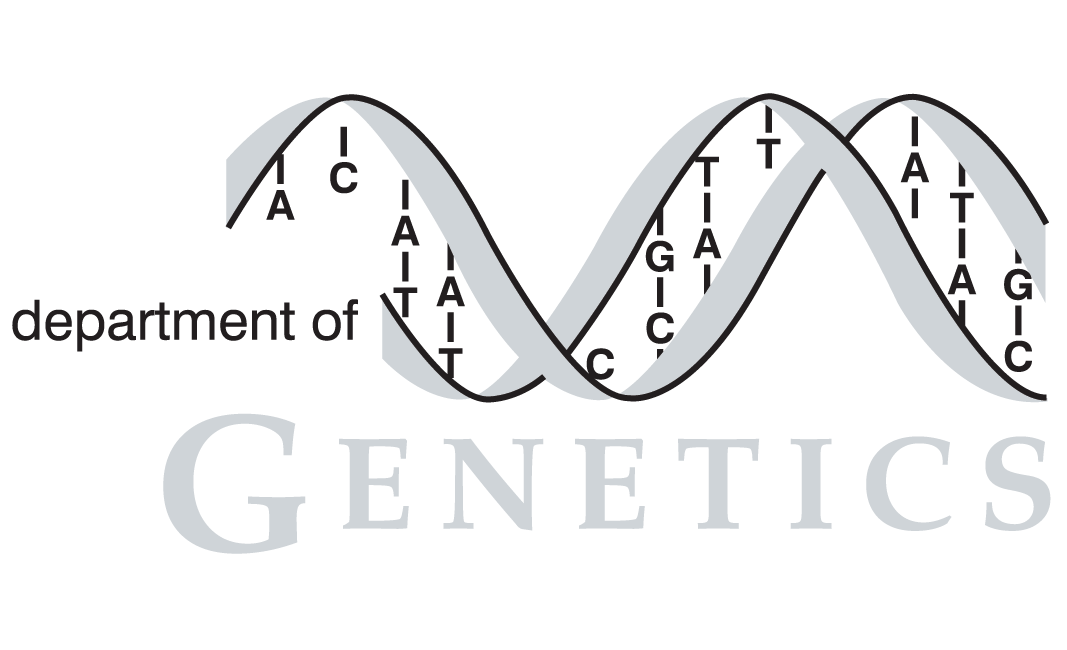| Citation | Lopez-Serra L, Lengronne A, Borges V, Kelly G, Uhlmann F. Budding yeast Wapl controls sister chromatid cohesion maintenance and chromosome condensation. Current biology : CB, 2013. |
| PubMed ID | 23219725 |
| Short Description | Budding yeast Wapl controls sister chromatid cohesion maintenance and chromosome condensation. |
| # of Conditions | 4 |
Full Description

|
The establishment of stable sister chromatid cohesion during DNA replication requires acetylation of the chromosomal cohesin complex by the replication fork-associated acetyltransferase Eco1. Cohesin acetylation is thought to facilitate replication fork progression by counteracting an as yet ill-defined cohesion antiestablishment activity imposed by the Wapl protein. Here, using budding yeast, we find no evidence that cohesin acetylation must overcome Wapl during replication fork progression. Instead, Wapl emerges as a negative regulator of cohesion maintenance in G2, a function that it likely exerts through its role as destabilizer of unacetylated, chromosome-bound cohesin. Our results suggest that acetylation renders cohesin Wapl-resistant from S phase onward until mitosis. In the absence of Wapl, sister chromatid cohesion functions well, suggesting that Wapl partakes in a cohesin function outside of sister chromatid cohesion. We find that Wapl is not required for cohesin's known role in transcriptional regulation. Rather, cells lacking Wapl display increased chromosome condensation in both interphase and mitosis. Thus, as a conserved regulator of cohesin dynamics on chromosomes, Wapl controls cohesion maintenance after its establishment in S phase and adjusts the chromosome condensation status. |
Tags
 |
Contact: sgd-helpdesk@lists.stanford.edu


